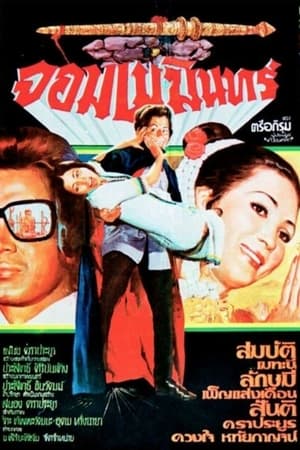Movie: Viy
Top 3 Billed Cast
Similar Movies
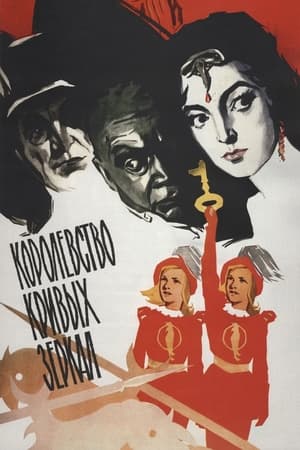 6.7
6.7Kingdom of Crooked Mirrors(ru)
Kingdom of Crooked Mirrors is a 1964 Soviet fairy tale film directed by Aleksandr Rou based on a story with the same name by Vitali Gubarev. Both the surreal story by Vladimir Gubarev, together with the 1964 film, written in a Through The Looking Glass style. Alice-type Soviet girl, named Olya meets her counterpart Yalo, while looking into the mirror. Yalo is an absolute antipode to Olya, for example where Olya is precise and neat, Yalo is absent-minded, careless, etc. The explicit plot relates to Olya learning to see herself differently, but this occurs through an experience in the Kingdom of Crooked Mirrors which serves as a mechanism for commenting on the ability of a society to manufacture a false reality.
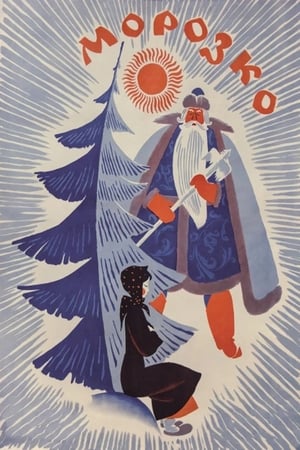 6.3
6.3Father Frost(ru)
A fairy tale about a conceited young man and a young woman with a tyrannical step-mother, who must overcome magical trials in order to be together.
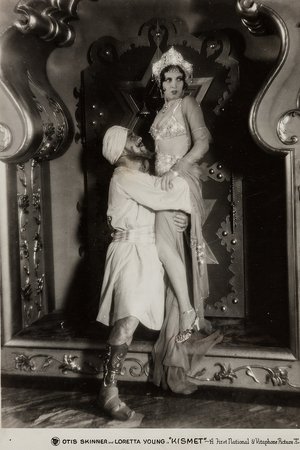 3.5
3.5Kismet(en)
Hajj, a rascally beggar on the periphery of the court of Baghdad, schemes to marry his daughter to royalty and to win the heart of the queen of the castle himself. This film is believed lost.
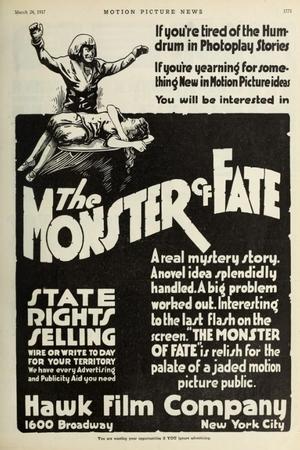 6.7
6.7The Golem(de)
This mostly lost film is often confused with director Paul Wegener third and readily available interpretation of the legend; Der Golem, wie er in die Welt kam (1920). In this version of the golem legend, the golem, a clay statue brought to life by Rabbi Loew in 16th century Prague to save the Jews from the ongoing brutal persecution by the city's rulers, is found in the rubble of an old synagogue in the 20th century. Brought to life by an antique dealer, the golem is used as a menial servant. Eventually falling in love with the dealer's wife, it goes on a murderous rampage when its love for her goes unanswered.
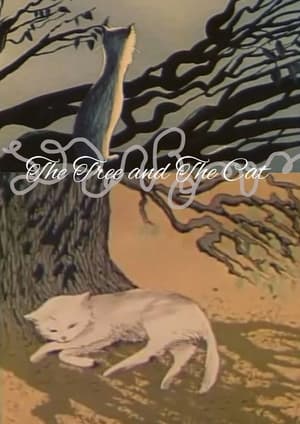 6.4
6.4The Tree and the Cat(uk)
Away from people, animals, forests and fields stood a very tall tree. It did not need anyone, it was completely indifferent to everyone. Once a cat wanted to learn the style of life of the tree, which has allowed her to stay near it, so that she could take over its attitude to everything around. But eventually the cat affects the tree as well...
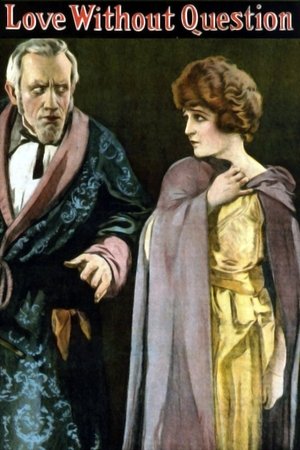 0.0
0.0Love Without Question(en)
Old Silas Blackburn, a wealthy recluse, lives alone with his butler and his ward Katherine. One night, Katherine discovers Silas murdered in the room where three generations of Blackburns have mysteriously died. Silas' grandson Robert, whom Katherine loves, comes to visit the next day, suffering from amnesia.
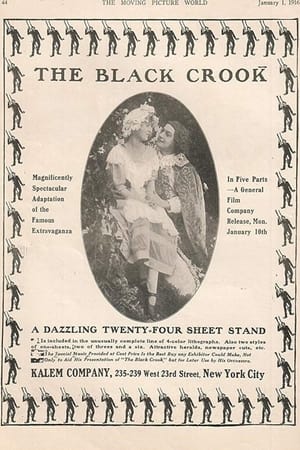 0.0
0.0The Black Crook(en)
A Faust-like meringue involving a wealthy Count who enters into a deal with the Devil: for every soul he delivers to Satan, the count will be granted an extra year of life. One of the count's victims, an artist named Rodolphe, dedicates his life to punishing the nobleman, a mission he accomplishes with the help of the beautiful Fairy Queen.
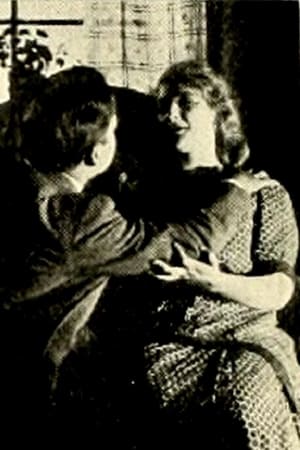 0.0
0.0The Dream Woman(en)
In this story the hero is haunted by a beautiful young woman who tries to stab him to death with a knife. This fantasy recurs on each of his birthdays, becoming more and more real as the years go on. He leaves home to secure a place as groom, but arrives at his destination too late. Forced to retrace his steps, he seeks shelter in a little inn, forgetting that the hour of his birth is approaching. In the middle of the night he awakens, terrified with fright… Based on Wilkie Collins' novel “The Dream Woman”.
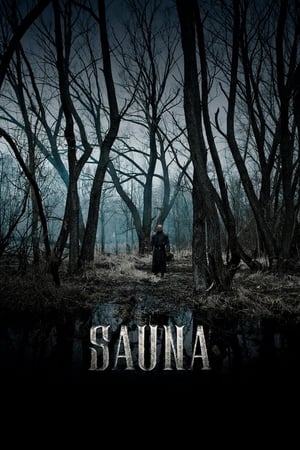 6.2
6.2Sauna(fi)
It is 1595. Brutal wars have just ended in an uneasy peace between Protestant Sweden and Orthodox Russia. We focus on the spiritual defeats of two conquered Finnish brothers, one a hardened near-psychopathic war hero, the other a gentle scientist in an age with no use for such men. They find themselves in the swampy interior, demarcating the new border with a unit of sadistic Russians.
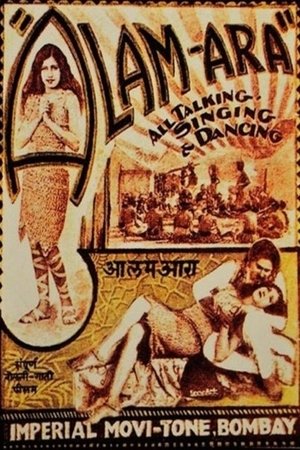 6.0
6.0The Light of the World(hi)
A period fantasy that told of the ageing king of Kamarpur, and his two rival queens, Navbahar and Dilbahar, and their rivalry when a fakir predicts that Navbahar will bear the king's heir. Dilbahar unsuccessfully tries to seduce the army chief Adil (Vithal) and vengefully destroys his family, leaving his daughter Alam Ara (Zubeida) to be raised by nomads. Eventually, Alam Ara's nomad friends invade the palace, expose Dilbahar's schemes, release Adil from the dungeon and she marries the prince of the realm.
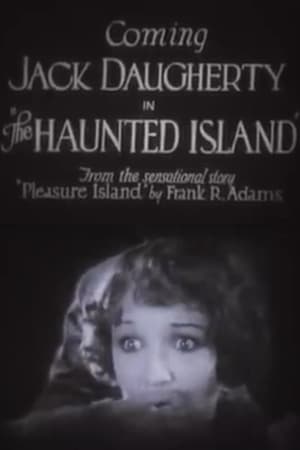 0.0
0.0Haunted Island(en)
Rosalind Joy (Helen Foster) is an heiress who has inherited a South Seas island known as Pleasure Island. A hidden cache of gold is allegedly buried on the island, which has several haunted structures. Rosalind's uncle, Spring Gilbert (Al Ferguson), wants the gold for himself and declares he will stop at nothing, not even the death of his niece, to get it. Rosalind, meanwhile, is befriended by Jerry Fitzjames (Jack Dougherty), a playwright. Unfortunately, Jerry has only recently escaped from a psychiatric hospital. Although he swears to protect Rosalind, she doubts Jerry's sanity. The two lovers race against Uncle Gilbert (who has set several traps for them) to find the treasure. In the end, Rosalind and Jerry are aided by the "Phantom Rider," a spectral horseman.
 0.0
0.0The Strange Story of Sylvia Gray(xx)
Loose adaptation of Mary Shelley‘s “Frankenstein”.
 5.5
5.5The King Kong That Appeared in Edo(ja)
A lost film considered one of Japan's first Tokusatsu films. The effects were done by Fuminori Ohashi, who claims to have been a modeling consultant for Godzilla 1954 (this claim is disputed by modeler Eizo Kaimai and art staff member Shinji Hiruma). The film's synopsis published in the March 1938 issue of Kinema Junpo indicates that the "Kong" featured in this film was not actually a giant monster.
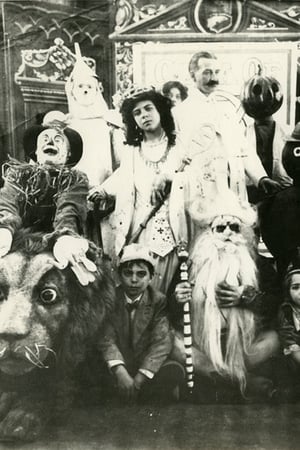 1.2
1.2The Fairylogue and Radio-Plays(xx)
L. Frank Baum would appear in a white suit and present his live actors, slide shows and films as a live travelogue presentation of his popular fantasies. Highlights include Dorothy being swept to Oz in various ways, such as with back-projection tornadoes and storms in a chicken coop. Lack of financial backing forced the show to fold after appearing in only two cities, despite being a critical and commercial success. This film is lost.
 0.0
0.0Murder and the Computer(en)
After coming under suspicion for a computer technician's murder, six hackers team up to try to find the real killer.
 0.0
0.0The Murderers(en)
A reformed criminal is blackmailed when three girls are murdered.
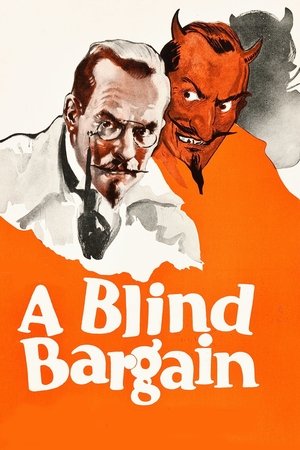 6.0
6.0A Blind Bargain(en)
Chaney plays two roles: mad scientist Arthur Lamb and Lamb's "experiment", known only as the Ape Man. This hideous creature was the result of Lamb's attempts to transplant animal glands into human beings. A lost film.
Wahnsinn(de)
A banker, after a prophetic meeting with a Gypsy fortune teller, becomes delusional as he searches for a trunk which the seer has told him holds the key to either his happiness or his death. This film is considered lost.



